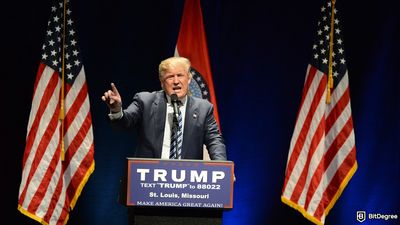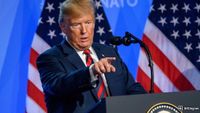The United Kingdom is on its way to allowing law enforcement to seize, freeze and recover cryptocurrency.
The United Kingdom’s government has introduced The Economic Crime and Corporate Transparency Bill to tackle various money laundering and fraud cases.
According to the announcement shared on September 22nd, the bill is a part of the government's plans to drive “dirty money out of the UK.”

Did you know?
Want to get smarter & wealthier with crypto?
Subscribe - We publish new crypto explainer videos every week!
How to Invest in Crypto: 6 Rewarding Strategies (Animated)


The bill was introduced by the Home Office, Department of Business, Energy & Industrial Strategy, Serious Fraud Office, HM Treasury, Ministry of Justice, and Companies House. The hefty 250-page bill had its first reading in the House of Commons on September 22nd, while the next one is set to take place on October 13th.
By introducing its Economic Crime and Corporate Transparency Bill, the government noted:
The new law will make it easier and quicker for law enforcement agencies such as the National Crime Agency to seize, freeze and recover crypto assets — the digital currency increasingly used by organized criminals to launder profits from fraud, drugs and cybercrime.”
Moreover, after legislation, the new bill will allow law enforcement to obligate various businesses to transfer information related to possible money laundering, fraud, or terrorism financing schemes. The obligation will include both financings using fiat money and crypto assets.
UK's National Crime Agency director general Graeme Biggar, when commenting on the new bill, said:
Domestic and international criminals have for years laundered the proceeds of their crime and corruption by abusing U.K. company structures, and are increasingly using cryptocurrencies. These reforms — long awaited and much welcomed — will help us crack down on both.
The bill was initially introduced by King Charles III to “tackle illicit finance, reduce economic crime and help businesses grow.” It is worth noting that the regulation is built on the Economic Crime (Transparency and Enforcement) Act. The document has played a vital role in allowing regulators to sanction Russia and freeze their assets held in the UK.
However, even without the bill, the police in the United Kingdom have been active in preventing money laundering. In July, BBC reported that Metropolitan Police managed to seize £180 million worth of cryptocurrency connected to an international money laundering scheme.






















